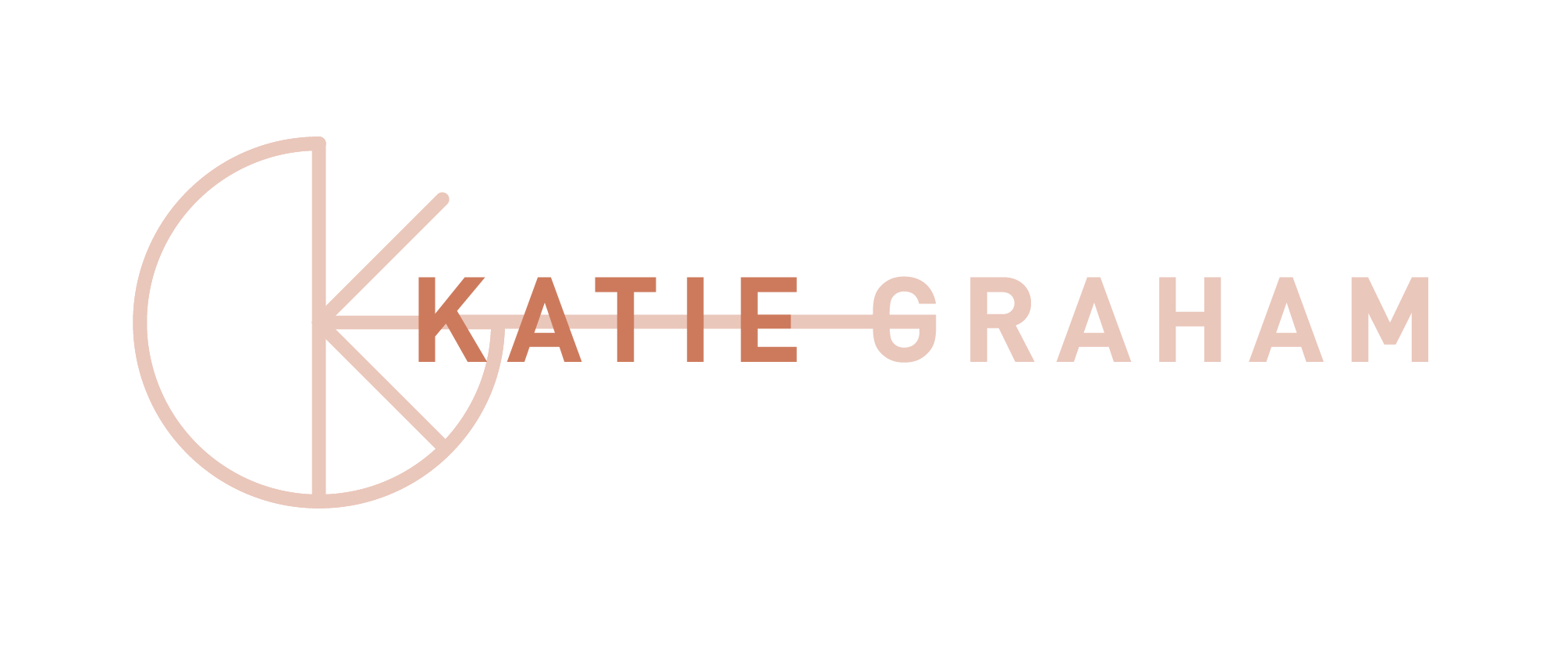Over-analysis paralysis: the impact of having too much choice
In the Western world, we’re living in an age of abundance—from the shows on our Netflix menus, to the products on our supermarket shelves, to our potential career paths. But is more always better?
In short, no. While this abundance may appear positive on the surface, it can also act as a barrier to decision making. Rather than empowering us to make better choices, our almost unlimited options and access to information often leads to greater fear of making the wrong decision. Because if we truly can choose any thing, then how do we ensure we choose the right thing?
This sense of overwhelm is described as ‘over-analysis paralysis’ and it’s something I see so much of in my work with small business owners who find themselves stuck, weighing up the endless pros and cons of every option, their vision clouded by ‘what-ifs’. The reality is, we simply aren’t hardwired to process this much choice, so if you find yourself at a crossroads and unable to move forward, take heed—you’re not alone.
The paradox of choice
Overwhelm is an entirely common response to the experience of being presented with too much choice. So common, in fact, that it even has its own name. A decade or so ago, psychologist Barry Schwartz coined the phrase the ‘Paradox of Choice’ to describe his consistent findings that, while increased choice allows us to achieve objectively better results, it also leads to greater anxiety, indecision, paralysis, and dissatisfaction.
Spending so much mental energy trying to weigh up a plethora of options has a very real impact on our productivity and our wellbeing. For one, overthinking lowers your performance on mentally demanding tasks by drawing on your supply of working memory. When you overanalyse a situation, the repetitive thoughts, anxiety, and self-doubt decrease the amount of working memory you have available to complete challenging tasks, causing your productivity to plummet.
Overthinking can also lead to ‘decision fatigue’. I was shocked to come across the results of an American study that looked at the decisions of parole board judges over a 10-month period. The study found that judges were significantly more likely to grant parole earlier in the morning and immediately after a food break, but cases that came before judges at the end of long sessions were much more likely to be denied. This alarming phenomenon held true over 1,100 cases, regardless of the severity of the crime.
How to move beyond overwhelm to clarity
The good news is there are simple steps we can take to free up some of that vital headspace and put ourselves on a path to clear decision-making.
1. Distinguish between small and large decisions
The first step to cracking over-analysis paralysis is to differentiate between big and small decisions. When you feel yourself spiralling, ask yourself:
How important is this decision?
Will this impact me a year from now?
What’s the worst thing that could happen?
If the decision isn’t going to make a big difference a year from now and there are no serious consequences that will come out of it, then my advice? Spend as little time as you need to nail this. Then, let go.
2. Put a limit on the amount of information you consume
For any decision we face, there is a virtually limitless supply of information we can access to weigh up the pros and cons. That’s why it’s important to approach any research with intention, otherwise you’ll end up down the Google rabbit warren with 20 tabs open on your laptop, yet be no closer to a decision. Try setting a time limit or picking the number of resources you will use before you dive in.
3. Say it out loud
Having to talk it through with someone else forces you to synthesise the information you’ve been collecting in a clear, concise way. I see this in my one-on-one workshops with clients on a regular basis—a gentle, guiding and supportive ear can be just what’s needed to help you untangle your options and reach a point of clarity.
4. Stagger your decision-making process
Not every decision has to be final. Consider making smaller yet actionable decisions that can be made now or that lead up to the main one. Even just the tiniest shift of momentum can have a positive snowball effect that wriggles you out of the paralysis associated with making the ‘perfect’ decision.
5. Know where you’re going
When we know where we going, it's easier to make informed, strategic decisions that will get us to our destination. That's why I set short and long-term goals with my clients that they can visualise, and create a decision-making filter for them that ladders up to those goals. I call this a Clarity Finder as it helps you decide whether or not to pursue something based on your own goals, at a time of overwhelm.
And if you find yourself in the over-analysis paralysis sinkhole without a rope, get in touch. There’s nothing I love more than helping brands move from overwhelm to clarity.
